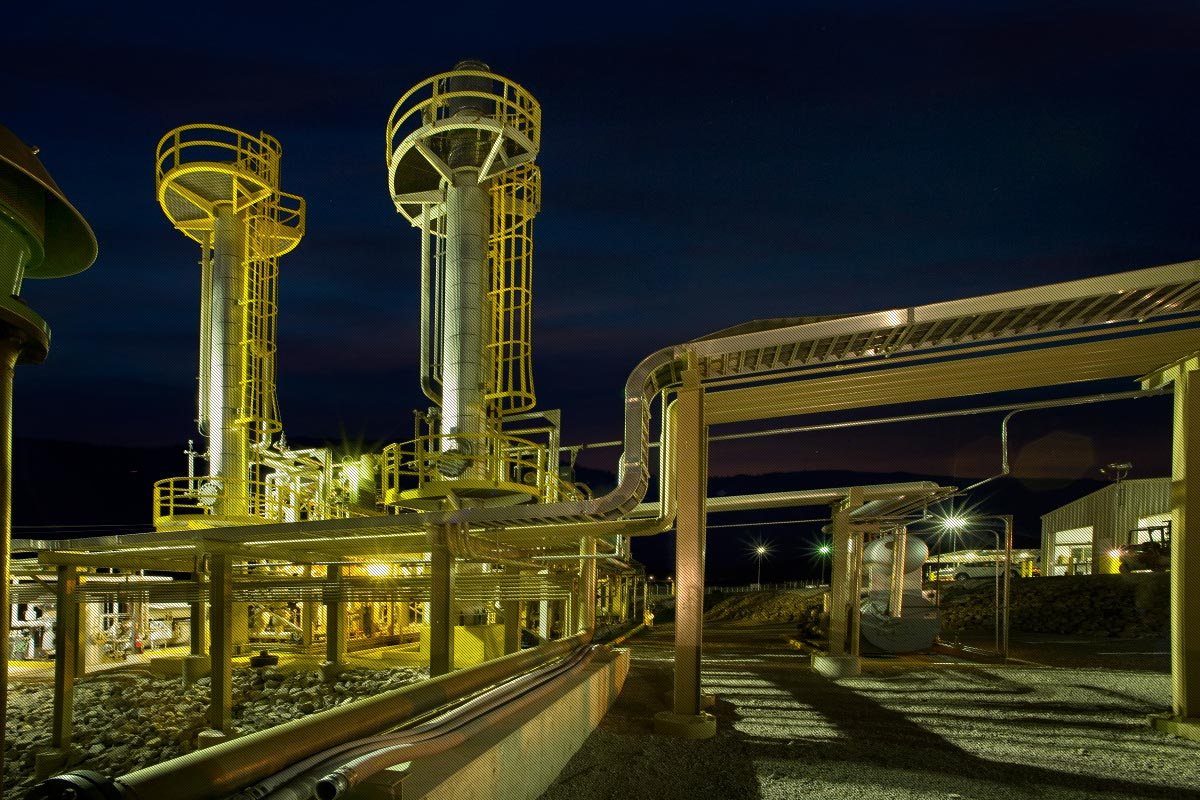- Investors Keen on Modular Refineries Despite Challenges
After many years of lack of investment in private refineries in Nigeria, several local and foreign investors are keen to establish modular refineries in a bid to ramp up the nation’s crude oil refining capacity.
The Minister of State for Petroleum Resources, Ibe Kachikwu, said last week that 33 refinery licences had been given to private investors but lack of financing had been one of the major challenges facing them.
Of all the private investors that were given the licence to establish refineries, only the Niger Delta Petroleum Resources Limited in Rivers State has been able to build a 1,000 barrels-per-day refinery, and is working to increase the capacity to 10,000bpd.
Aside from the funding challenges, industry stakeholders have over the years stressed the need for the government to fully deregulate the downstream sector of the oil and gas industry to encourage private investors to come into the refining space.
According to the Department of Petroleum Resources, the establishment of modular refinery plants shall be with design capacity not more than 30,000 bpsd, and its location shall be strategic and influenced by proximity to the source of crude oil, producing marginal fields and tie-in to supply infrastructure or clusters.
Last week, Eko Petrochem and Refining Company Limited announced the provision of a grant by the United States Trade and Development Agency towards the construction of a 20,000bpd crude oil refinery in Lagos.
It said the grant of $797,343 was meant for a feasibility study supporting technologies and development of an implementation plan for the modular refinery on Tomaro Island in Lagos.
Eko Petrochem and Refining Company said it had selected Texas-based VFuels LLC to carry out the study, which would provide technical analyses and engineering and design needed to advance the refinery.
The Chairman, Eko Petrochem and Refining Company, Mr. Emmanuel Iheanacho, said the US government, acting through the USTDA, said the funds received would help ensure the timely completion of the project.
He said several studies, including the front-end engineering design as well as the environmental impact assessment, had been completed, adding that about $250m would be required to complete the refinery.
The Nigerian National Petroleum Corporation recently announced that an Indonesian firm, PT Intim Perkasa Nigeria Ltd, a subsidiary of PT Intim Perkasa, had indicated interest to build a 10,000 bpd modular refinery in Nigeria.
The Head of Investor Relations, PTPP (Persero) Tbk, partners to PT Intim Perkasa Nigeria Ltd, Mr. Adi Hartadi, had during a business meeting with the Group Managing Director, NNPC, Dr. Maikanti Baru, stated that the proposed refinery would be located in Akwa Ibom State.
Last month, stakeholders, including the Lagos Chamber of Commerce and Industry and oil industry players, expressed concerns over the low level of investment in refineries in the country despite the increase in the number of licences in the hands of private investors.
They said it was shameful that the country, Africa’s top oil producer, had continued to rely heavily on importation to meets its fuel needs over the years.
At the 2017 Second Business Clinic Programme organised by the Petroleum Downstream Group of the LCCI, the President, LCCI, Dr. Nike Akande, said the nation’s downstream sector was still grappling with many regulatory issues.
“An increase in investment in modular refinery and even bigger refineries will bring a lot of value to the Nigerian economy,” she said, adding that it would boost the inflow of foreign capital in the country.
The ECOWAS Regional Advisor, African Refiners Association, Mr. Tony Ogbuigwe, said fuel demand in Africa would continue to rise through to 2040, presenting a clear opportunity for modular and full-scale refineries.
He said, “We now have serious interests from Chinese investors to invest in new refineries in Nigeria. Our huge population and the consequent large demand is the attraction. By 2020, aggregate Nigerian demand will be equivalent to 800,000 barrels per stream day refining capacity.”
Ogbuigwe, who is the chief executive officer of PEJAD Nigeria Ltd, said the DPR had removed the stumbling block of a $1m registration fee for those seeking licence to establish refineries.
He described modular refineries as ideal for stranded production fields and remote locations, and could be put together within a relatively shorter time span.
According to him, a 20,000 bpsd modular refinery will cost about $250m, and it is easier to access funds for modular plants.
Ogbuigwe stressed the need for full deregulation of the downstream sector, adding that the private sector should drive new refinery investments and access to crude oil supplies should be made easier for investors on commercial terms.
He urged the government to divest its equity in the existing refineries to below 40 per cent, which should be managed by the Nigerian National Petroleum Corporation.
A Partner, PricewaterhouseCoopers, Mr. Pedro Omontuemhen, said Nigeria’s refineries had continued to operate at abysmally low utilisation rates, with 8.5 per cent combined utilisation last year.
He said, “To actualise the country’s quest for self sufficiency and end reliance on importation of refined petroleum products by 2019, modular refineries provide a cost-effective, flexible and commercially viable option.”
According to him, imports currently account for over 80 per cent of West Africa’s refined product supply.
Omontuemhen said, “Current demand for refined products in the region is estimated at 39 billion litres and refineries such as SIR (Ivory Coast), SOGARA (Gabon) and SAR (Senegal) cannot meet this. There is an opportunity for potential uptake by neighbouring countries if the market has Nigeria’s refined products readily available.”


 Billionaire Watch3 weeks ago
Billionaire Watch3 weeks ago
 Startups4 weeks ago
Startups4 weeks ago
 News4 weeks ago
News4 weeks ago
 News4 weeks ago
News4 weeks ago
 Bitcoin4 weeks ago
Bitcoin4 weeks ago
 Naira4 weeks ago
Naira4 weeks ago
 Forex3 weeks ago
Forex3 weeks ago
 Treasury Bills4 weeks ago
Treasury Bills4 weeks ago























